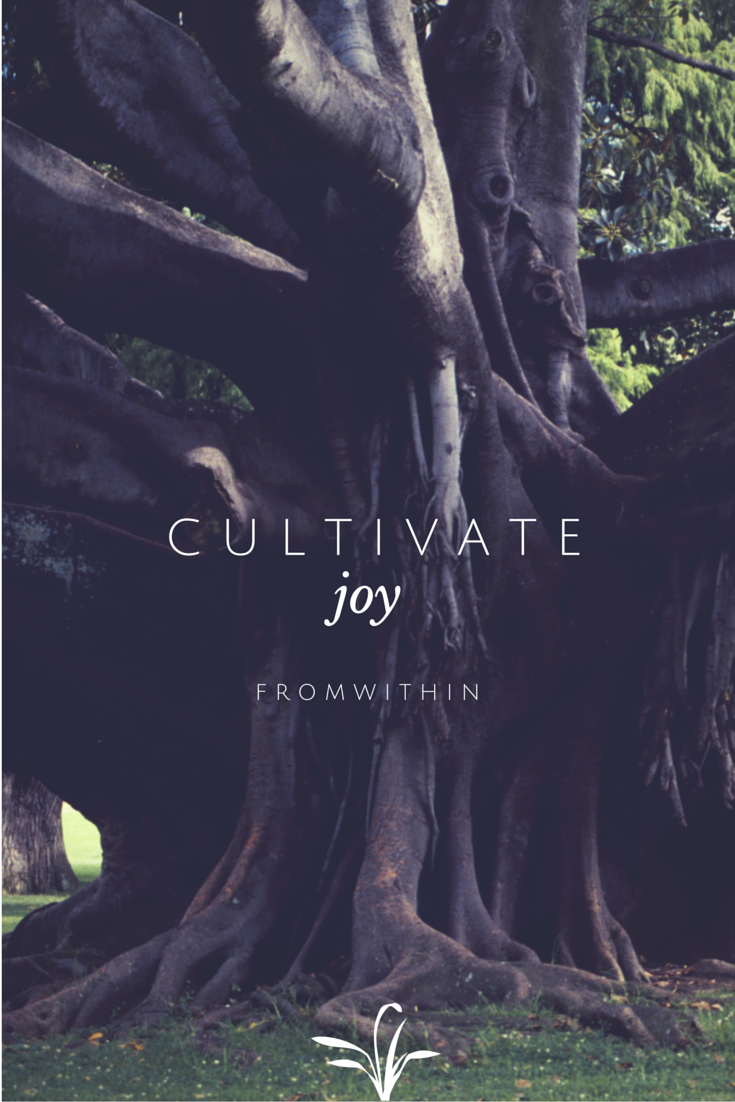Rainy days are meant for this: popcorn & Pixar. With the rave reviews and promises of tears, we loaded up the van for Inside Out. I did not leave disappointed. Here’s what I loved:
1. Joy works hard. That scene where she’s stuck in forgotten memories? Oh, goodness. She’s a scrappy gal and simply won’t give up. She’s got too much love for her girl. I want that kind of Joy in my life, the unrelenting, won’t-let-go, get-it-done kind of Joy. Joy that digs deep, flies high and thinks creatively.
2. Sadness is needed. Sorry for the spoiler, but it turns out that with change, sometimes sadness is what keeps the memories alive. And when sadness begins to touch everything? Those are the parts where the blood still runs warm and the feelings are felt. Don’t fear sadness; fear numbness.
3. Anger is a tool. Hands down, the kids’ favorite part involved Anger burning a hole in the glass. Obviously Anger couldn’t get done what Joy could, but sometimes Anger lets in the other feelings. Perhaps not the best driver, but necessary companion.
4. The train of thought derails. Genius! Oh, you writers: you need to win all of the awards! Especially when those feelings of anger, fear and disgust take control, the Train of Thought stops functioning. What an incredible lesson for me as a parent, when often both myself and my kids begin acting in ways that simply don’t make sense. These emotions can’t handle the Train of Thought.
5. The real life implications. No one told me, when they mentioned how great the movie was or how I would cry, that it would be a direct parallel to my current life situation. The inciting incident of the plotline? The family moves. Seriously, friends. A warning would’ve been nice. Although my much-younger children aren’t likely to encounter the exact changes of Riley, emotions get shaken up. I walked away reminding myself to check in, to let sadness sometimes be the connection to Family Island, but most of all, never assume that a smile means Joy knows what she’s doing.
Thank you, Pixar, for yet another fabulous hour and a half of my life.
